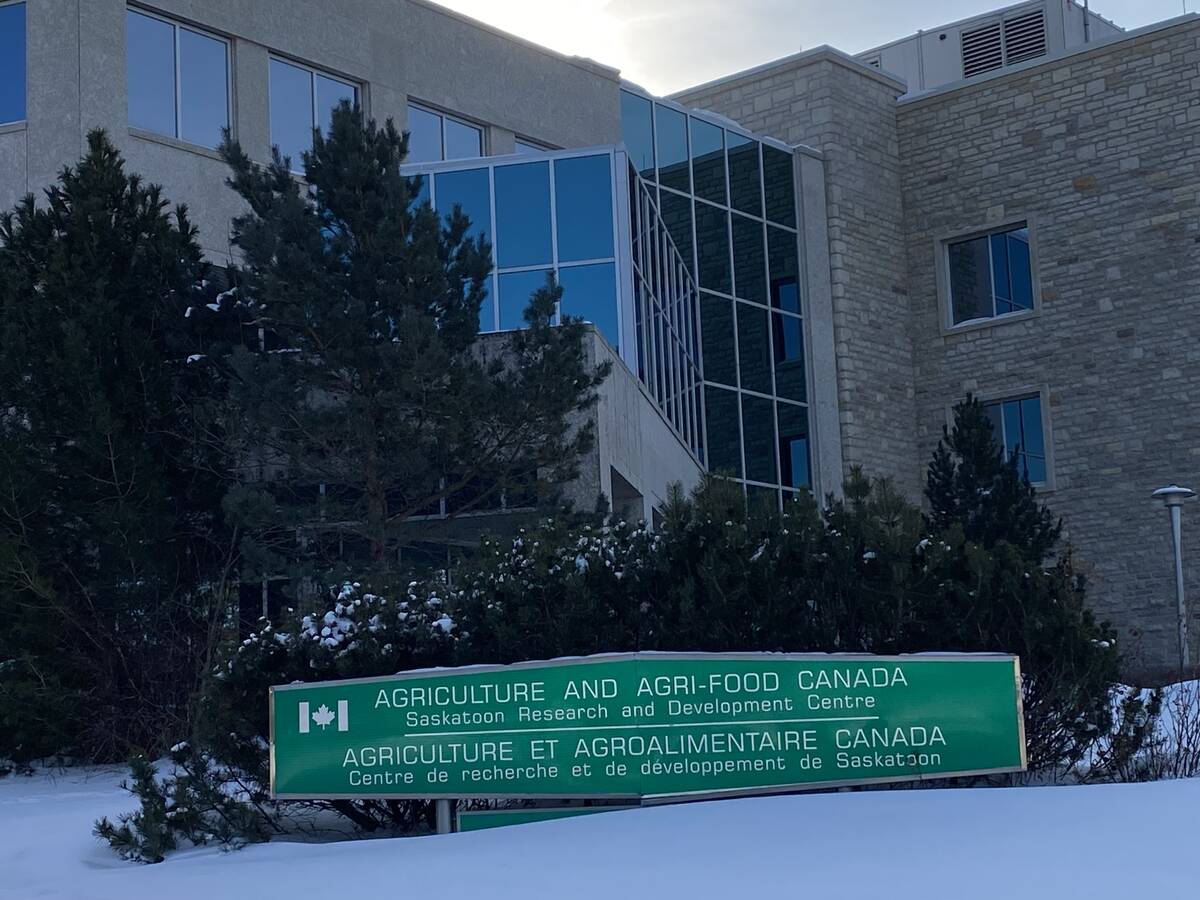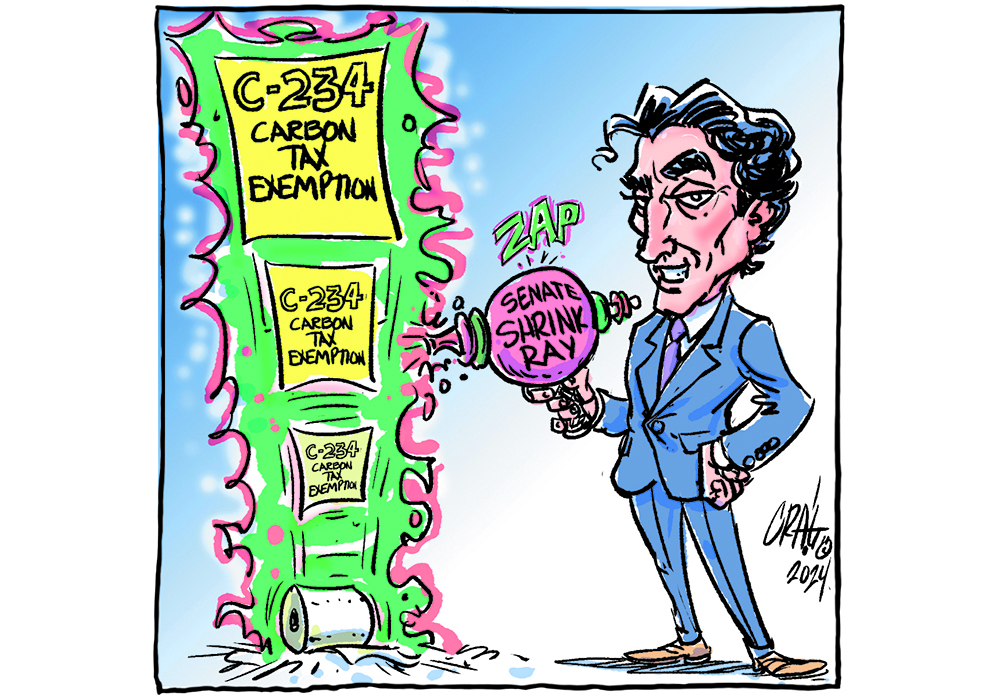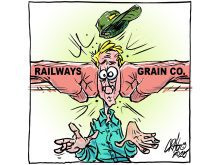The whole point of carbon pricing is to convince Canadians to change their behaviour and use less fossil fuel.
In some instances, this can be effective. People who drive more fuel-efficient vehicles or install more fuel-efficient furnaces will save money by paying less carbon tax.
That’s how carbon pricing is supposed to work.
But what happens when it doesn’t work that way? What happens when using propane or natural gas is the only way for farmers to dry their grain or heat and cool their barns?
Read Also

Don’t undermine the backbone of agriculture
Agriculture Canada and the dedicated public servants who work every day to support Canadian agriculture are a crucial pillar of the sector and they need support — not austerity.
If they still have to pay carbon tax on this fuel, they bear the financial burden for something that won’t make a difference anyway.
That’s the lose-lose situation farmers have been fighting for years.
Their complaints fell on deaf ears in Ottawa until a private member’s bill, C-234, set out to exempt this fuel.
The bill was passed in the House of Commons, over the objections of the governing Liberals, and moved to the Senate, where the obstruction began.
Senators, reportedly at the behest of the Prime Minister’s Office, amended the bill so it no longer applied to heating and cooling barns and greenhouses. As well, senators changed C-234 so it would be subject to review after three years instead of the original eight.
The bill has now returned to the House, and most MPs are not pleased with the amendments. However, the Liberals continue to play parliamentary games, and efforts to scrap the amendments go nowhere.
These amendments would have a significant impact on farmers, as the Parliamentary Budget Office reported last week, but the frustration goes beyond money.
The federal government has not made a case that forcing farmers to pay the carbon tax on heating and cooling their barns would do anything to mitigate climate change.
Most producers already use the best available technology in their barns, and having to pay an extra tax to continue using it is ludicrous.
During debate in the Senate over the bill, some senators said greener alternatives are already available, such as heat pumps. However, retrofitting barns with heat pumps is cost prohibitive, the barns will likely still need supplemental heating and the technology isn’t useful when it comes time to dry grain.
It is possible to support efforts to mitigate climate change while also believing the government position is wrong.
Farmers are caught between a rock and hard place, forced to carry the immense costs of climate change — more droughts and an unreliable water supply — while also shouldering the costs of mitigation efforts.
There are many things producers can do to mitigate climate change, such as using enhanced efficiency fertilizers and careful livestock production practices, and they should definitely do them, although with government support.
But what happens when they’re penalized for failing to change behaviour that can’t be changed?
If the government thinks there are greener alternatives with which to heat and cool barns, it needs to tell farmers what they are.
And if they do exist, the government should do more to help cover the cost of implementing those alternatives.
Without that, farmers are simply an easy mark in this government’s determined effort to do something about climate change.
Karen Briere, Bruce Dyck, Barb Glen, Michael Robin, Robin Booker and Laura Rance collaborate in the writing of Western Producer editorials.















